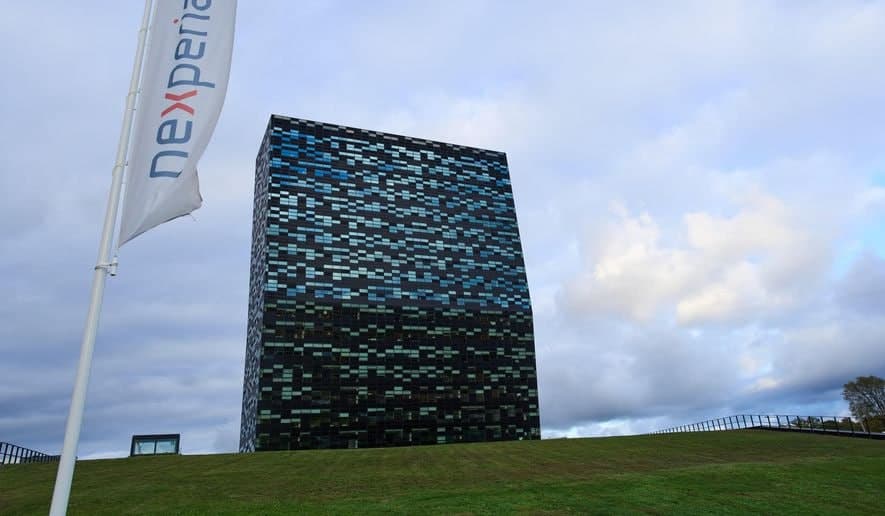Netherlands Drops Takeover of Chinese-Owned Chipmaker Nexperia Amid Supply Tensions
In a significant diplomatic move, the Dutch government has announced the reversal of its decision to seize control of the Chinese-owned semiconductor firm Nexperia. This decision, which was aimed at addressing national security concerns, has effectively defused a diplomatic standoff with Beijing. The announcement was made by Economics Minister Vincent Karremans on Thursday, November 20, 2025.
Key Details
Nexperia, a semiconductor company based in Nijmegen, Netherlands, is owned by Wingtech Technology, a Chinese firm. The company plays a crucial role in the global semiconductor supply chain, particularly as a key supplier to the automotive industry. The initial decision to take control of Nexperia was based on Cold War-era measures that cited potential national security risks and governance issues associated with foreign ownership of critical technology companies.
Minister Karremans indicated that the suspension of the takeover reflects a recalibration of Dutch policy. The government is now balancing its national security concerns with the pressing need to maintain robust semiconductor supply chains, especially amid rising geopolitical tensions that have been affecting global trade and technology sectors.
The decision to drop the takeover comes at a time when many countries, including the Netherlands, are reassessing their relationships with foreign technology firms, particularly those based in China. The semiconductor industry has become a focal point in international relations, with various nations striving to secure their supply chains in the face of potential disruptions.
Background
The semiconductor industry is vital for numerous sectors, including automotive, electronics, and telecommunications. Nexperia"s significance as a supplier to the global auto industry underscores the importance of maintaining stable supply lines. The Dutch government"s earlier decision to pursue control over Nexperia was part of a broader trend among Western nations to scrutinize and sometimes restrict foreign investments in critical technology sectors due to national security concerns.
Historically, the Netherlands has been a key player in the semiconductor market, with companies like ASML leading the way in advanced chip manufacturing technology. The decision to drop the takeover of Nexperia may signal a shift in how the Netherlands approaches foreign ownership of technology firms, particularly in light of the need to ensure a steady supply of semiconductors, which have been in high demand globally.
What"s Next
The suspension of the takeover of Nexperia is expected to have several implications. Firstly, it may ease tensions between the Netherlands and China, fostering a more cooperative environment for trade and investment. Secondly, it highlights the ongoing challenges that governments face in balancing national security with economic interests, particularly in industries as critical as semiconductors.
As countries continue to navigate complex geopolitical landscapes, the decision by the Dutch government may serve as a precedent for other nations grappling with similar issues. The global semiconductor supply chain remains under pressure, and the ability to maintain stable relationships with key suppliers like Nexperia will be crucial for the Netherlands and other countries reliant on these technologies.
For further insights into related developments, see our coverage on Japan"s recent stimulus package aimed at combating inflation, which reflects similar economic considerations in the face of global supply chain challenges.







![[Video] Gunfire between Iraqi security forces and Sadr militias in Baghdad](/_next/image?url=%2Fapi%2Fimage%2Fthumbnails%2Fthumbnail-1768343508874-4redb-thumbnail.jpg&w=3840&q=75)
